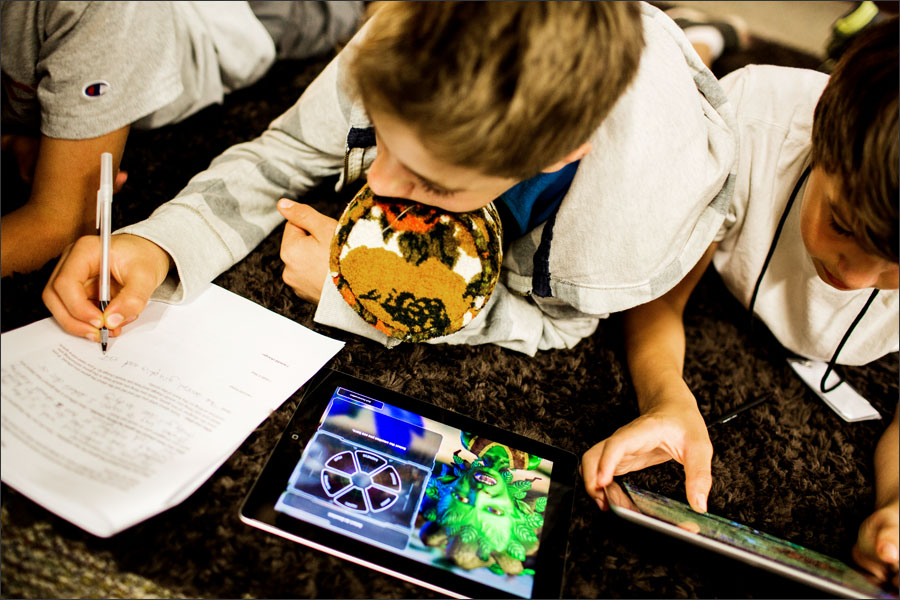Video Games Can Boost Children’s Empathy, Say Researchers

According to a study recently published in the journal NPJ Science of Learning, video games can boost kids’ empathy and can help the brain create strong networks that are connected to prosocial behavior.
With the WHO claiming playing video games can lead to addiction – and ruling it as a mental disorder, gamers can now rejoice.
But there’s a catch.
The researchers developed a game specially made to boost empathy in young individuals, so not all games can positively affect humans.
The Science Behind The Video Game
In two weeks after starting the game, middle schoolers’ brain scans proved that gaming can increase the connectivity in brain networks which are connected to empathy and perspective. Some of the kids also suffered alteration in the neural networks connected to emotion regulation.
Graduate student Tammi Kral (University of Wisconsin Madison) explains why the study is essential in finding how to make the brain develop certain skills:
“The realisation that these skills are actually trainable with video games is important because they are predictors of emotional well-being and health throughout life, and can be practiced anytime – with or without video games.”
Empathy is what makes people develop a prosocial behavior, enabling them to help others. Considering youth between 8 and 18 spends over an hour a day of video game play, the team of researchers wanted to see if they can use video games to help youth develop positive emotions. During adolescence, the brain has an amazing growth – a time that coincides with depression, anxiety and other negative emotions.
“Crystals of Kaydor” Versus “Bastion”
The team of researchers split 150 middle schoolers into two groups. One group played the experimental game “Crystals of Kaydor,” which was created to teach kids empathy. The other group played a commercially available game called “Bastion,” which did not target empathy.
In the experimental game, kids learned how to identify emotions on the faces of aliens on a distant planet. They had to identify emotions like fear, anger, happiness, surprise, and so on.
The group playing Bastion had to collect materials to build a machine and save the village, but there were no tasks to measure empathy.
Before the gaming session which took place every day for two weeks, researchers scanned the brains of all the kids. After two weeks, they repeated the tests, finding important differences between the before and after scans from the group playing Crystals of Kaydor.
Compared to the group that played Bastion, the group playing Crystals of Kaydor had stronger connectivity in the brain networks related to empathy, showing strong connectivity in brain networks linked to emotion regulation.

0 comments